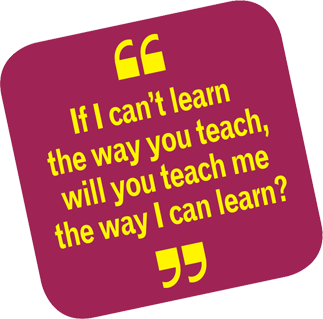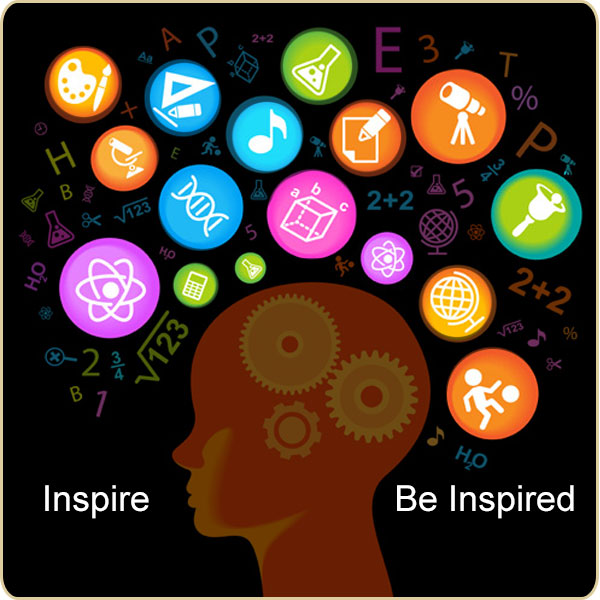A. Release of Dyslexia Assessment for Languages of India (DALI):
A proud moment for the Maharashtra Dyslexia Association and a memorable milestone!
The Hon’ble Minister for Science & Technology and Earth Sciences, Dr. Harsh Vardhan released DALI (Dyslexia Assessment for Languages of India on 15th October 2015 at Anusandhan Bhawan, New Delhi.
The incidence of Dyslexia in India is believed to be 15%. According to the Times of India, Jan 22, 2013, there are 228,994,454 students enrolled in recognized schools, which brings our count of dyslexic Indian children to nearly 35 million. In the absence of appropriate standardized screening and assessment tools in Indian languages, it has been extremely challenging to screen and diagnose Dyslexia in India.
In keeping with Prime Minister Narendra Modi’s, ‘Make in India’ and ‘Skill Development’ policy, the National Brain Research Centre has developed DALI. DALI, which stands for Dyslexia Assessment for Languages of India. DALI is a package that contains screening tools for school teachers and assessment tools for psychologists in Indian Languages to identify dyslexia. For the first time, India will have indigenously developed screening and assessment tools that have been standardized and validated across a large population of nearly 4840 children. The tools are are available in Hindi, Marathi, Kannada and English and development in other languages is in process. DALI contains Two screening tools for dyslexia (for school teachers) Namely the JST (Junior Screening Tool) for classes (1-2) and the MST (Middle Screening Tool) for classes (3-5) in four languages, Hindi, Marathi, Kannada and English. It also contains eight standardized and validated assessment Batteries to be used by psychologists.
DALI was developed at the National Brain Research Centre under the leadership of (Principal Investigator) Prof Nandini Chatterjee Singh and her team under the aegis of a project supported by the Department of Science and Technology, Government of India. It was standardized and validated across four languages (Hindi, Marathi, Kannada and English) across schools at five centres (4840 children from classes 1-5),Orkids Centre for Learning Disabilities (Co-Investigator,Geet Oberoi),Delhi, Centre of Behavioural and Cognitive Sciences (Co-Investigator,Bhoomika Rastogi Kar), University of Allahabad, Allahabad, Maharashtra Dyslexia Association (Co-Investigator, Kate Currawalla), Mumbai, Dr.Shanta Vaidya Memoria lFoundation (CoInvestigator, Kshipra Vaidya), Pune, and All India Institute of Speech and Hearing (Co-Investigator, Prema Rao), Mysore.
This is the largest such project to have been undertaken in India and was funded by the Cognitive Science Initiative of the Department of Science and Technology, Government of India. For further details on DALI contact Dr. Nandini Singh at nandini@nbrc.ac.in.
The screening tools and assessment batteries are available for free download at this link: http://14.139.62.22/DALI/index.php
B. College Resources for Students with Disabilities guidebook:
This guide is to help students and their families better understand the resources available to them. Key elements of the guide include:
- A comprehensive overview of the various cognitive, physical, or other types of disabilities students face while attending school
- Reviews of several technologies and advocate groups available to students who face various disabilities, such as dyslexia and dyscalculia
- Tips and resources to help students transition from education to a career path
You can download the guide by visiting this page: http://www.affordablecollegesonline.org/college-resource-center/resources-for-students-with-disabilities/
5 Free Online Plagiarism Checkers – Which Works in 2023: https://www.websiteplanet.com/blog/best-plagiarism-checking-tools/
Managing Learning Disabilities as a Teen and Young Adult : https://collegeeducated.com/resources/managing-learning-disabilities/
This link is shared with permission from:
Ryan Kelly
Director of Communications
Affordable Colleges Online




